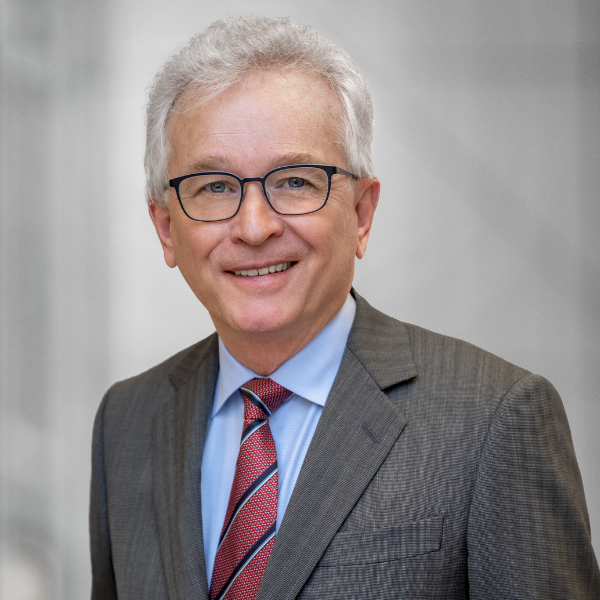This upcoming election could provide change as new facts emerge on the ground

Last year, I wrote about the efforts of the StopSOP bencher group to overturn Convocation’s 2018 decision to require that licensing candidates be paid a minimum salary during their work placements. I thought their efforts were a terrible idea.
Fortunately, I wasn’t alone. 161 of the 165 organizations and individuals who responded to the LSO consultation supported the original decision. Many of the submissions considered it an equity and access to justice issue. Another common theme was that the law society is obliged to protect the most vulnerable members of the profession. According to the LSO summary of the submissions, very few considered the committee’s concern over the loss of placements to be a sufficient reason to withhold the implementation of a mandatory minimum salary.
Following the consultation, benchers voted by a narrow majority in April 2022 to finally implement the mandatory minimum salary recommended in 2018. In October 2022, Convocation set the minimum wage at $620 per week or just over $32,000 annually. About time!
But this issue’s resolution, as crucial as it was, doesn’t deal with more fundamental problems with articling, which have been around for many years but are growing more pressing.
The first is the continued gap between supply and demand. The latest LSO figures indicate an 11 percent increase in the number of candidates seeking licensure over the past five years: from 2,500 applicants in 2017 to 2,800 in 2021. Much of this is attributable to an over 50 percent increase of internationally trained applicants seeking licensure over that period.
During the same period, the number of articling positions grew much more slowly. In 2021, there were only 2,222 positions. The 300 positions offered by the LSO’s second licensing pathway, the Law Practice Program/Programme de Pratique du Droit, address part of the shortfall. The third and newest pathway, the Integrated Practice Curriculum (now in place at Lakehead and Metropolitan Universities), will eventually account for a further 215 positions. But that will still leave a shortfall.
In other words, every year some applicants meet all the LSO’s licensing criteria but cannot find a pathway to licensure. And that problem (which is not new) will grow as demand continues to exceed supply, driven by the growing number of internationally-trained applicants seeking licensure here in Ontario.
The second issue is the inconsistent quality of articling placements. In 2021, a licensing questionnaire sent to over 1400 lawyer candidates indicated that only 68 percent of candidates who responded (primarily articling candidates) felt their work placement prepared them very well or well to enter the practice of law. Thirteen percent of candidates indicated that less than 50 percent of their work during placement enabled them to develop their legal skills.
The LSO summary concluded that these responses were aligned with benchmarks before the pandemic and that “the nature of the Articling Program continues to be highly variable and that quality and timeliness of principal feedback is not universal. These trends are less applicable to the LPP/PPD, in which the four-month training course provides all candidates with consistent exposure to the required competencies through assignments and formal assessment.”
The third issue is the data which continues to suggest that articling candidates may experience harassment and discrimination at higher levels than those reported by candidates in other pathways. For example, 15 percent of articling candidates (89 individuals) reported discriminatory comments or conduct in response to the 2021 questionnaire, compared to 11 percent in the LPP/PPD cohort.
Convocation approved greater oversight of placements in 2018 through monitoring or audits and mandatory education and training for work placement supervisors to address these inadequacies. Regrettably, most of these recommendations were gutted in 2021 on the basis that regulatory oversight should not be increased at a time of economic uncertainty. They were replaced with an orientation program for articling principals and work placement supervisors, free training modules for candidates and new lawyers, and a “risk-based approach to monitoring of experiential training.”
This minimalist approach is unlikely to change the unsatisfactory trajectory of the articling program.
Well, what is to be done? During the period I was an elected bencher, we studied various options, including abolishing articling in favour of an LPP/PPD for all candidates and abolishing all transitional training in favour of a US exam-style model. We muddled through by making only minor changes to the licensing pathway system, with the mandatory minimum salary the most significant enhancement.
Some new facts on the ground may reopen that debate, however. The first is the 2022 decision by Convocation to enact a mandatory online practice essentials course for all licensees within one year of first setting up as a sole practitioner. Some might argue that this reduces the risks associated with abolishing articling in favour of the US model.
The second is the commencement of Metropolitan University’s Integrated Practice Program, which currently has 150 students. The IPC allows candidates to obtain skills and practice training simultaneously as they complete their formal legal training. It could offer a potential long-term solution if many more applicants could participate. So far, there appears to be little interest in the concept by the other Ontario law schools. Still, the LSO reports that at least two other Canadian jurisdictions are considering it.
The LSO admits that the articling program “does not ensure consistent, high quality experiential training across all placements.” Tinkering at the margins will not solve this problem, let alone deal with the unfairness of having three different pathways with radically different transitional training components.
Here’s hoping that a new board of governors of the LSO takes this issue seriously and will finally consider a fundamental change.











